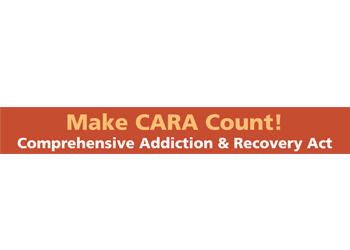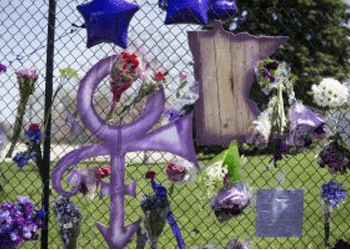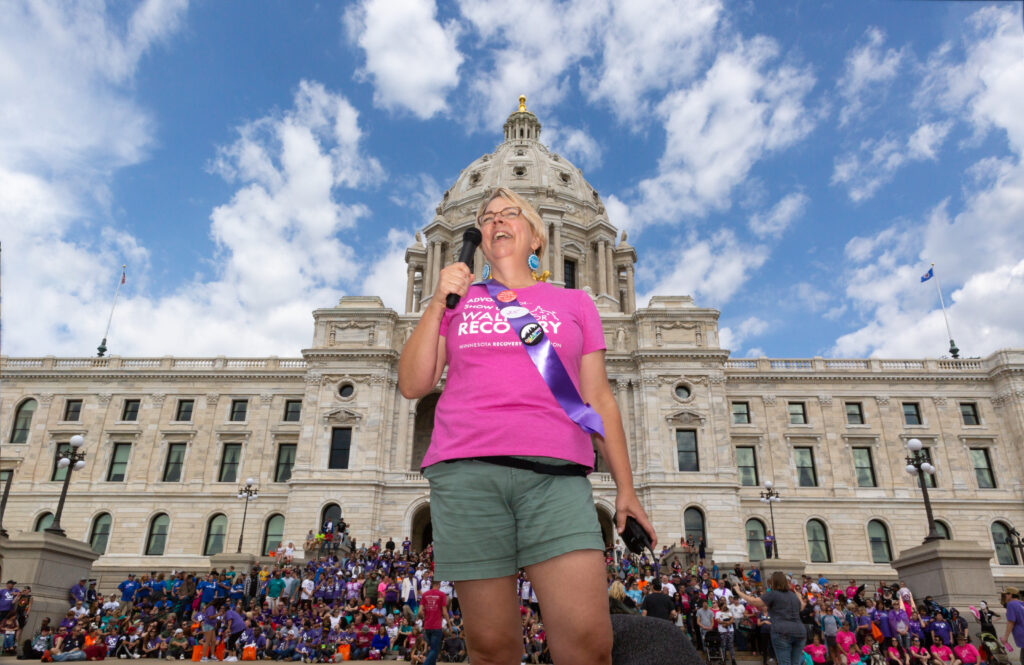
I am a person in long-term recovery. What that means to me is that I have not used alcohol or other mood-altering substances since March 14, 1994. In recovery, I am a taxpayer, home owner, voter, productive employee, and engaged citizen. In recovery, I strengthened my relationship with my parents and became the daughter I wanted to be; I deepened old friendships and discovered new ones; I found the love of my life and got married. In recovery, I learned to embrace failure as personal growth and to accept grief as testament to the strength of love. I am living proof that recovery is possible.
Minnesota Recovery Connection gave me a voice I didn’t know I had. For over twenty years I’d never felt right about calling myself an “alcoholic” when asked to explain why I refused the beer, wine, or cocktail thrust upon me by a well-meaning host. My abstinence made them uncomfortable, and I absorbed the blame. After all, I was the one who royally messed up her life with alcohol.
Before MRC, I only knew how to talk about my active addiction, if I mentioned it at all. Stigma is a powerful oppressor, and shame is its enforcer. MRC reminded me that I was a person first, not a label. It taught me that as a person in recovery, I had power to help others simply by being my whole self. When openly in recovery, we model hope that recovery is possible.
Stigma is a powerful oppressor, and shame is its enforcer
I discovered MRC by accident. After spending my entire professional career with the Minnesota Historical Society, my mid-life crisis was telling me I needed new challenges. I started looking for ways to be of service in the community as a volunteer. The power of Google led me to Minnesota Recovery Connection, where I discovered I could learn how to be a recovery coach. I took a week off work to go through MRC’s Recovery Coach Academy, thinking I would use the experience as a volunteer.
I had been through treatment over two decades earlier and it saved my life. But the Recovery Coach Academy, taught by Kris Kelly at the time, made me realize I knew very little about substance use disorder and recovery. I had never connected the dots that substance use disorder is a medical condition that can be addressed early and prevented, or that you didn’t need to “hit rock bottom” before you could get better. I hadn’t understood that my successful recovery stemmed largely from the bounty of “recovery capital” I had at hand: health insurance, a good job, supportive parents, solid friendships, a place to live. I am also white. The data prove that the color of my skin greatly increased the odds my substance use disorder would be addressed through outpatient treatment rather than incarceration.
Like Saul on the road to Damascus, MRC’s Recovery Coach Academy hit me like a blinding light and changed my life forever. My classmates during that week in the spring of 2017 showed me that there is no wrong door to recovery, and that each of us follows a unique path in our recovery journey. As peer recovery coaches, our job was to walk alongside each other on the journey and help push barriers out of the way. Treatment is an acute intervention, like surgery or the emergency room. Recovery support is like primary care or physical therapy – it’s needed for the long haul of healing and health. MRC and other Recovery Community Organizations were tilling the soil to grow recovery everywhere. My paradigm had shifted.
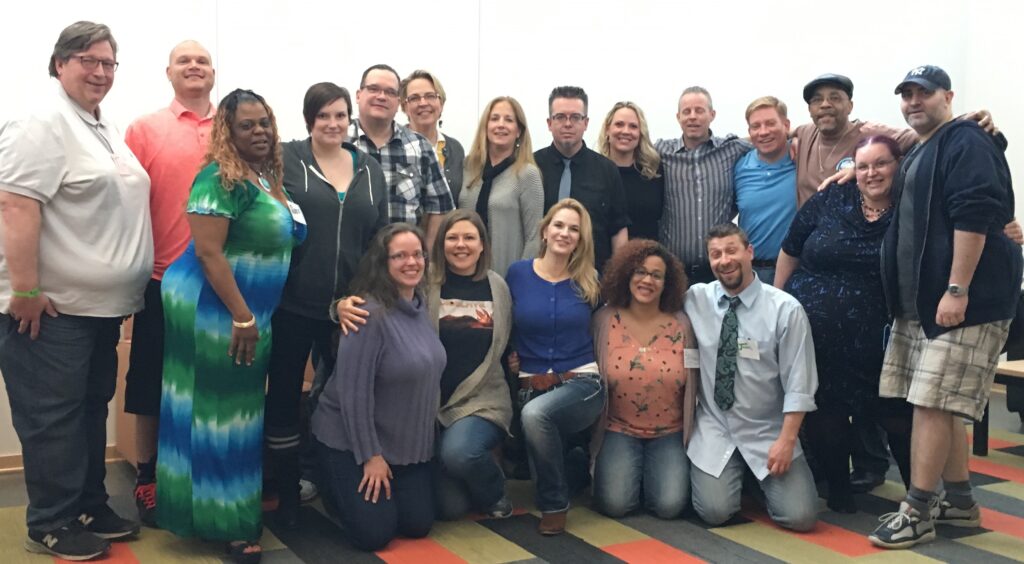
I started volunteering for MRC, left my job at the Minnesota Historical Society, and contemplated what I wanted to do next with my career. On a dreary November afternoon, Kris Kelly and I met for coffee to discuss a potential volunteer project for MRC. At the end of our meeting, she turned to me and said, “You should apply to be MRC’s Executive Director.” I reminded her that I didn’t have a background in behavioral health. “But you’re what MRC needs at this time,” she replied.
Established as a volunteer-run organization in 2007, MRC’s founding Board of Directors included recovery visionaries such as Rev. Jo Campe, Dan Cain, John Curtiss, Charlie Mishek, and the late Dustin Chapman. With funding from the Minnesota Department of Human Services, MRC was able to hire its first Executive Director, Nell Hurley, in 2010. Co-Executive Directors Julia Alexander and Kris Kelly passed the torch to me on January 1, 2018. These extraordinary leaders, and so many others, made MRC a critical change agent that transformed the state’s recovery landscape. I was standing on the shoulders of giants.
I am proud to have contributed a chapter in MRC’s long and storied history. Thank you to all the exceptional individuals who’ve poured their time and talent into MRC these past five and a half years. Our Staff, Board of Directors, and Peer Advisory Council all rolled up their sleeves and rowed MRC’s boat through some turbulent times, including two office moves, the rollout of billable peer recovery support services, the unexpected loss of a beloved colleague, two strategic planning processes, CAPRSS accreditation, an explosion of new and expanded programs, and a global pandemic, to name but a few challenges and opportunities we navigated together. We’ve made it through the storm stronger than ever.
I can’t wait to see how my successor, Cynthia Munguia, will leave her mark. She brings new perspectives and different strengths to MRC that will help it grow and evolve to meet our community’s needs. MRC is in strong hands with Cynthia at the helm. She also has a gifted and dedicated crew to support her: Caddy Frink, Justin McNeal, Sean McGee, Sarah Kemp, Aubrie Marshall, Mitch Strain, Erin Ramirez-Fitzgerald, Jonda Crum, George Green, Anjelica Rozales, Noah Latzer, Nadine Gall, Alicia Doty, John Campbell, Toumeng Yang, and the next generation of MRC’s team members have all got your back, Cynthia.
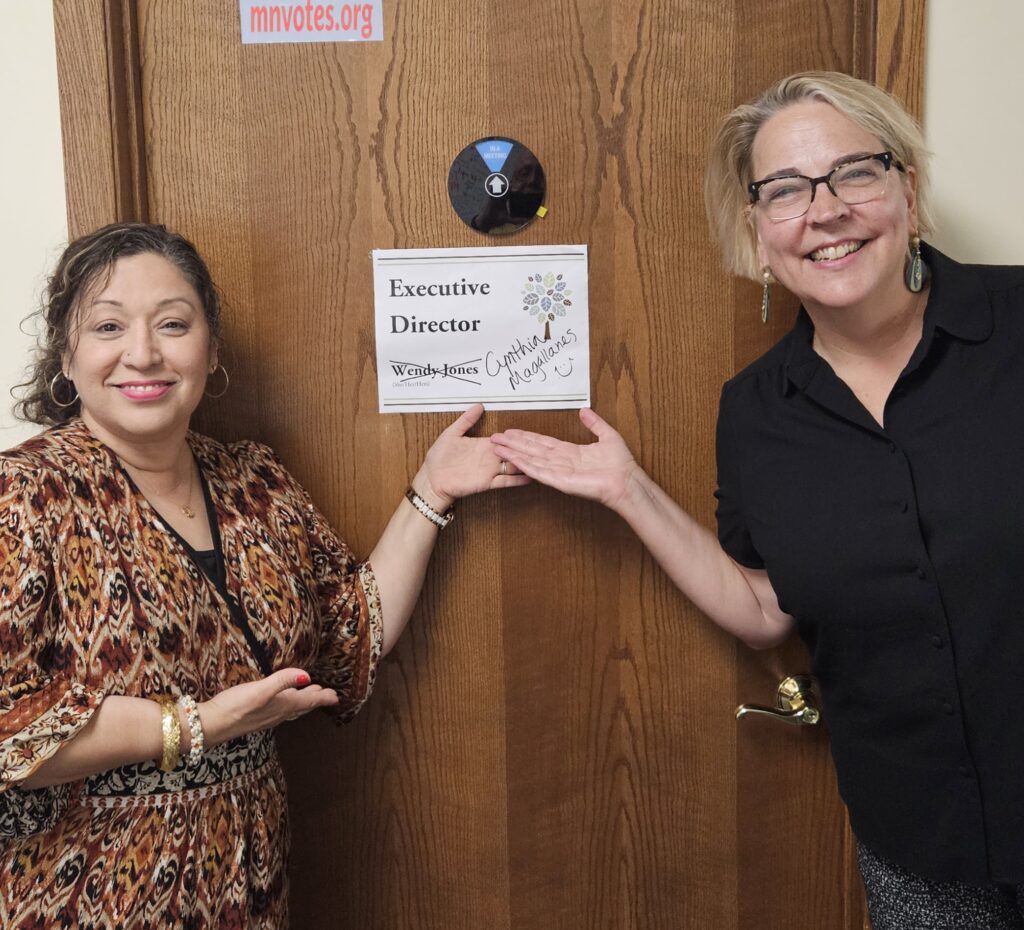
Although I am turning over the keys to MRC to Cynthia, I get to walk alongside her in my new role as the Executive Director of the Minnesota Alliance of Recovery Community Organizations (MARCO). Recognizing that RCOs must collaborate and lift each other up to be effective and sustainable agents of system change, MRC and other RCOs across the state have been working together since 2018, first as a community of practice to share knowledge and support, and later as the founders of a new nonprofit that would advocate with one voice on behalf of Minnesota’s diverse communities of recovery. The mission of MARCO is to educate, advocate, and mobilize resources to grow the community-based recovery movement across Minnesota. MARCO will do this through mentorship, professional development, public education, and advocacy.
Like MRC back in 2010, MARCO received funding from DHS earlier this year through a competitive RFP process. Just this week, the IRS notified MARCO that it had been awarded its 501c3 nonprofit status. As a founding MARCO Board member, I am honored that my co-founders hired me to be its first Executive Director, and I officially move into the role full-time on July 17. So many of us, including Beth Elstad (Recovery Alliance Duluth), John Donovan (Recovery Community Network), Brandy Brink (WEcovery by Beyond Brink), Eric Bacon (Continuum Care Center), Jenna Christensen (Recovery Is Happening), Tori Utley (Doc’s Recovery House), Latricia Tate and the late Marc Johnigan before her (Twin Cities Recovery Project), Paula Brandt (formerly of Minnesota Alternatives) and others have been “midwives” to MARCO’s birth. It will take a village to ensure MARCO grows up to be the force of widespread system change the recovery community deserves.
Together, we are stronger, lifting each other up and building a recovery ecosystem.
Earlier in the year, MRC’s Board of Directors approved transferring MRC’s statewide RCO mentorship and legislative advocacy work to MARCO, enabling the new MRC Executive Director to focus on the organization’s delivery of peer recovery support services, training, public education, and local partnerships. I am excited to carry the statewide advocacy and mentorship work with me from MRC to MARCO. Minnesota has a strong and growing network of Recovery Community Organizations. Together, we are stronger, lifting each other up and building a recovery ecosystem.
My tenure as MRC’s Executive Director has been the most rewarding and challenging experience of my professional career. I am grateful for every minute of it. Thank you, MRC. I’ve found my voice.
My new email is wendy.jones@marcomn.org.
Post Script:
Thank you to my husband, Gary Miller, who supported my decision to step away from the security of a 30-year career and into the chaos of running a small nonprofit while going to grad school, during a global pandemic. He deserves a medal of honor. Thank you to my beloved former colleagues from the Minnesota Historical Society who kept cheering me on even after I abandoned them at the museum. Many of them shared their talents to support both me and MRC, especially Rose Sherman, who launched our new CRM among other technology feats; Wendy Freshman, without whom there would be no Walk for Recovery today; and Shana Crosson, who leaned into family recovery advocacy and joined the Board of Directors at my insistence.
Thank you to the mentors who took me under their wing, especially when I didn’t know the difference between CMS, CPS, CPRS, and the alphabet soup that is behavioral health. Paula Brandt was a godsend, without whom we’d still be trying to get contracts with the MCOs. Thank you to all the MRC Board Members who stepped up and shared the heavy lifting, especially Kevin Whalen, Darin Carr, and Jeremy Drucker, who was the best Board Chair an Executive Director could hope for. Thank you to our long-time Peer Advisory Council members Meg Allen, Gloria Englund, and Laura and John DeThier-Lupori, all of whom poured their passion and time into keeping the “community” in the Recovery Community Organization.
For all the MRC staff, past and present, my heart bursts with pride and gratitude. Thank you to Tiffany Irvin for building our PRS infrastructure while navigating every roadblock imaginable, and to Justin McNeal for catching the ball and scoring every time I threw a new program at him. Thank you to Sean McGee for writing volumes and developing our advancement foundation – I am forever grateful that I sat next to you that day in our Humphrey MPA cohort and asked, “What do you do?” Thank you to my “separated at birth” twin, Caddy Frink, who built a recovery coaching training empire and kept the office running even when we wanted to collapse on the floor and cry. And thank you to the many, many staff and volunteers who have worked in service of MRC’s mission to strengthen the recovery community.
Finally, thank you to Kris Kelly for believing in me. I sobbed uncontrollably and begged you to stay when you came into my office that day in September, 2018, and said it was time for you to move on to the next chapter in your own career. You’ll be fine, you assured me, and you were right. And like a good Peer Recovery Coach, you’ve kept walking alongside me all these years, helping push barriers aside, connecting me to resources, and showing up when I needed you. Thank you from the bottom of my heart.


